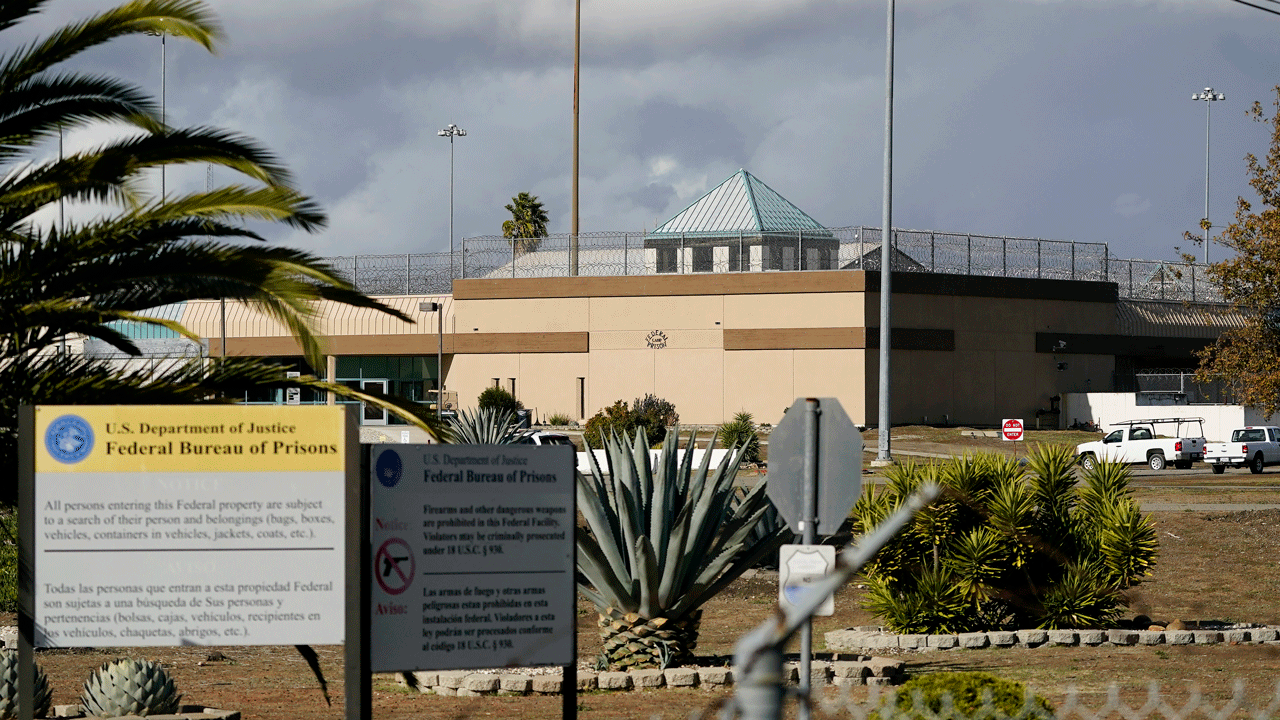Maren Morris complains country music is about love of country – but that's precisely the point
To suggest that country music is "too patriotic" is to not understand country music. Our music is written for love of our country, our heart for America.

Another day, another attack on country music, patriotism and Donald Trump.
Singer-songwriter and country music star Maren Morris announced recently that she’s leaving country music and blasted everyone on the way out. The millennial star claims that country music is having an "existential crisis" by tying itself so closely to patriotism, America and freedom.
However, that’s precisely what country music is all about!
To suggest that country music is "too patriotic" is to not understand country music at all. It’s in our very name: country music. Our music is written for love of our country, our heart for America.
Because country music is so closely tied to the heartbeat of America, it also happens to reflect what’s happening across the country at the very moment. As a result, it’s not that politics has infiltrated country music, it’s quite the opposite – music ends up reflecting the very conversations happening across the country today.
For example, Jason Aldean’s song "Try That In A Small Town" wasn’t a racist tome. It was an outcropping of a three-year conversation, since the summer of 2020, about the change in the American landscape, law enforcement, the defunding of police, and the mass looting that soon followed and has become commonplace in towns across America today.
It’s part of the conversation that’s been happening around the country and like so many other pop culture issues, it found its way into song.
In fact, country music is deeper than Morris may even know.
Long before Morris was born, I wrote "God Bless the USA" 40 years ago this very year. In the song, I wrote about what I saw with my own eyes: my grandparents, their farm in Northern California, and their experience struggling to survive in the early 1980s against a grain embargo caused by geopolitical crises around the globe.
President Jimmy Carter had enacted the embargo against the Soviet Union due to its invasion of Afghanistan in 1979. The unintended effect was the worst farm crisis since the Great Depression, robbing American farmers of their livelihoods as they bore the brunt of the international crisis.
Farmers such as my grandparents went from supplying food to the world, to barely having enough on their own plate to survive.
The suffering I witnessed my grandparents go through was encapsulated in one simple line in my song: "If tomorrow all the things were gone I’d worked for all my life…" and the official music video was locked in. It would be set to the backdrop of their red tractor that had once been their moneymaker. That tractor had come to a standstill through no fault of their own during the embargo.
The issue became so great that during the 1980 presidential election, farmers encircled their unused tractors around the U.S. Department of Agriculture in protest.
CLICK HERE FOR MORE FOX NEWS OPINION
As a result, one of our greatest American presidents – Ronald Reagan – was elected and in 1981 he ended the American grain embargo. That red tractor? Well, it started back up and began feeding America and the world again.
These are the visuals country music bestows on America – stories of true grit, and patriotic stories that are a reflection of what’s truly happening in the USA today.
For liberal artists to despise a genre of music due to its lyrics is to despise what is happening across America today. Placing the blame on former President Donald Trump or any other political group is misguided, as it’s not that politics has infiltrated the music – it’s simply that music reflects what is happening in the country.
Political trends will change with the winds, but the core of country music remains: love of country, love of freedom, love of America. There’s nothing wrong with that, and that’s not going to change any time soon.
Morris would be wiser to stay in country music, where she could continue the conversation and present her interpretation of what it means to be American today. However, suggesting that individual country music artists (or the entire genre of country music!) ought to be "canceled" because you don’t like the lyrics is a slippery slope to censorship, free expression, and is out of line with the values of hard work, freedom, and grit that have made country music so great to this day


